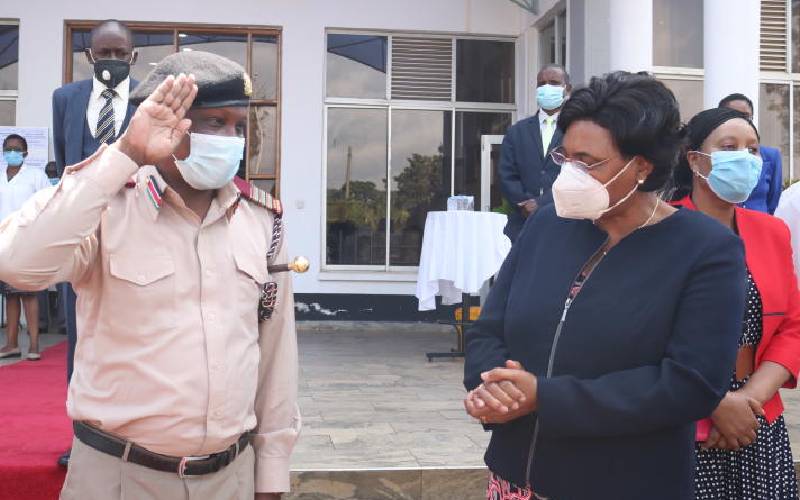×
The Standard e-Paper
Stay Informed, Even Offline

Public Service and Gender Cabinet Secretary Prof Margaret Kobia when she visited Embu County to assess cases of Gender-Based Violence. [Standard]
As she boarded a matatu for work on a Monday morning, Alice Wahome had no idea that she had left her wallet behind. Along Jogoo Road, the conductor came and asked for the fare.